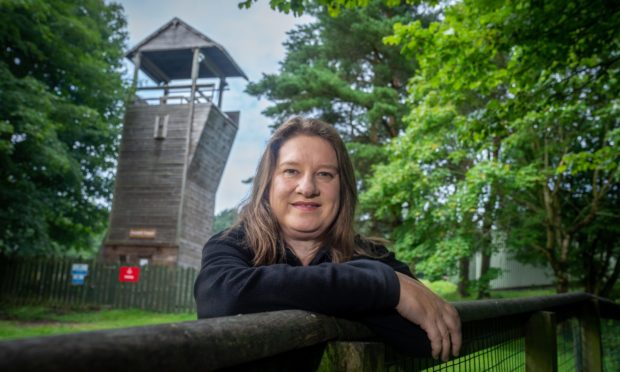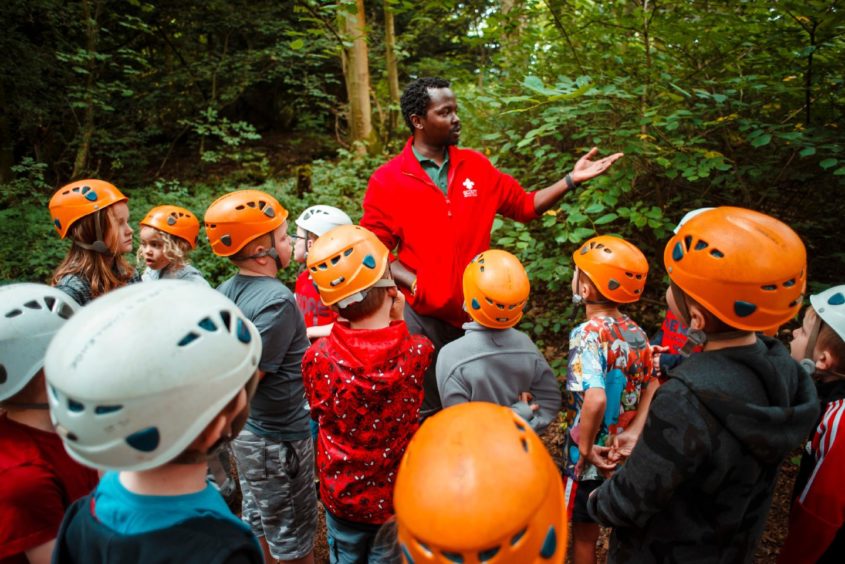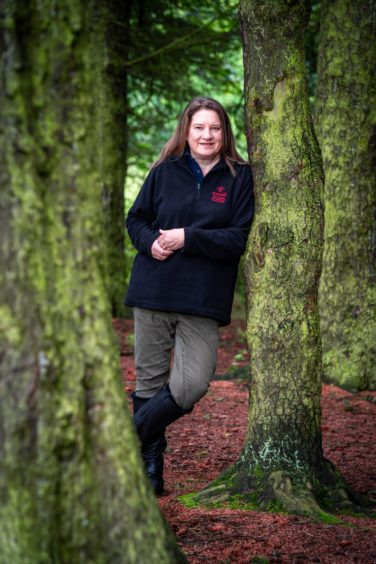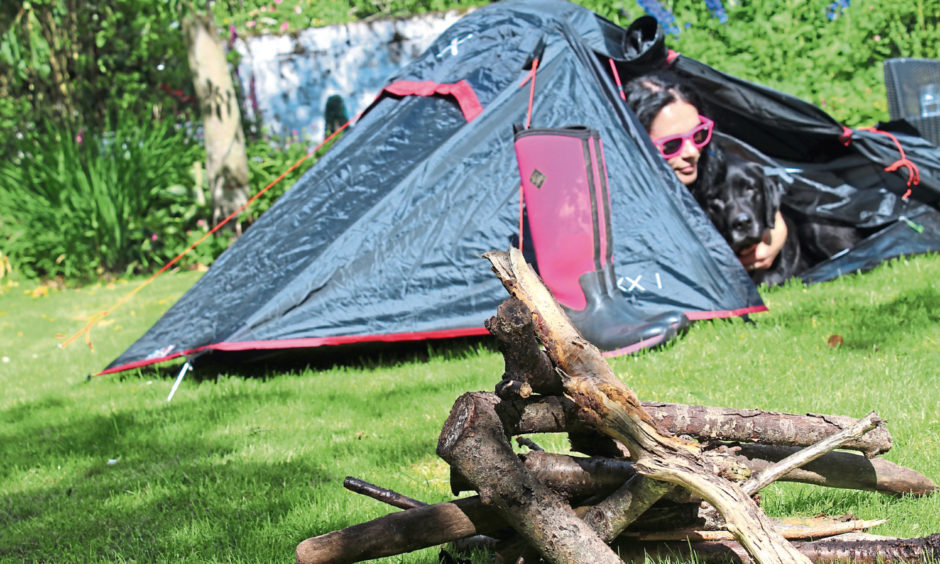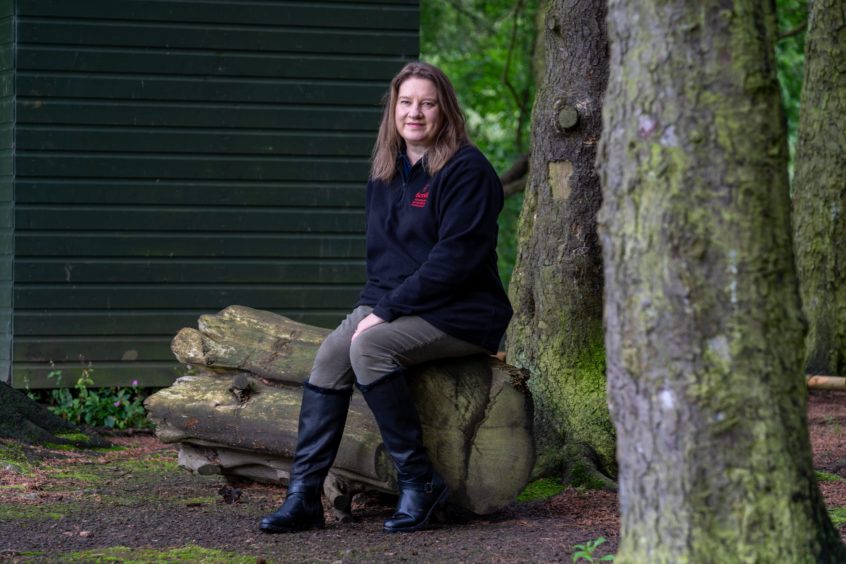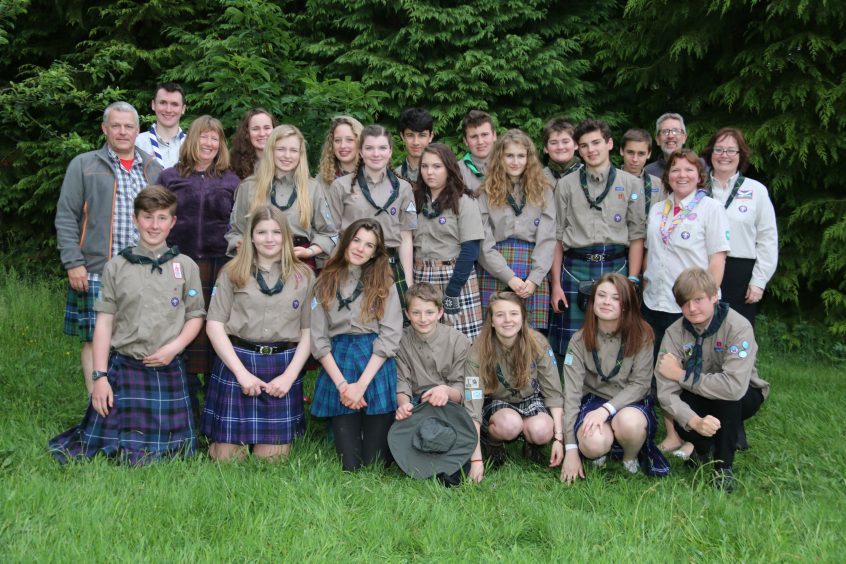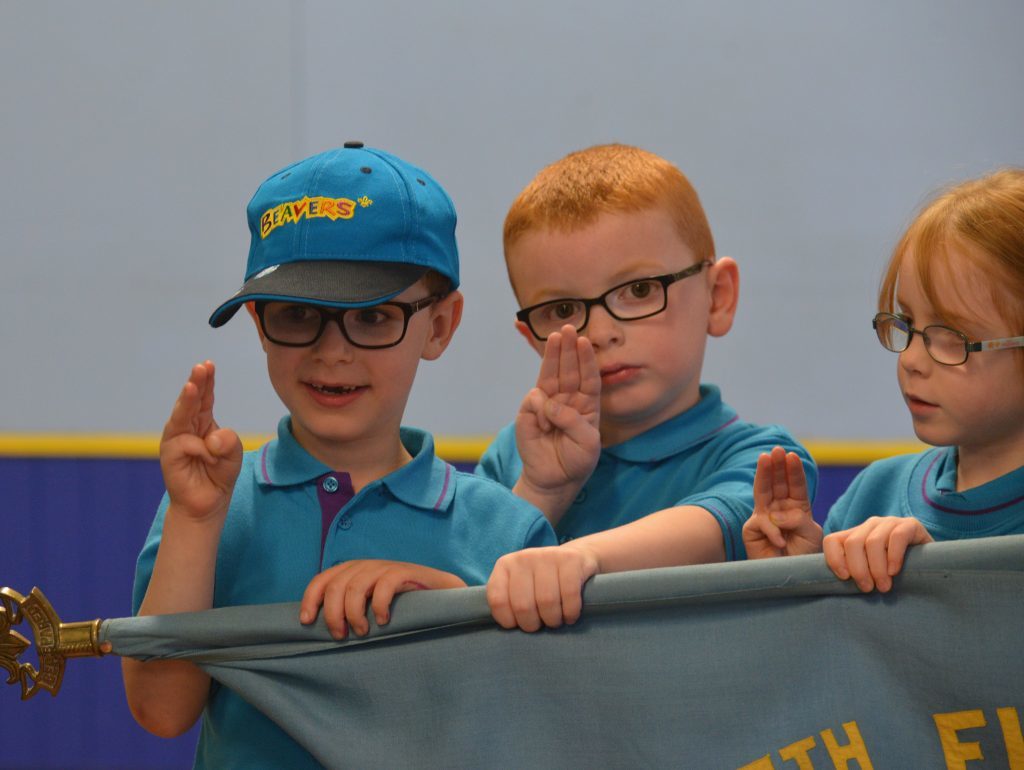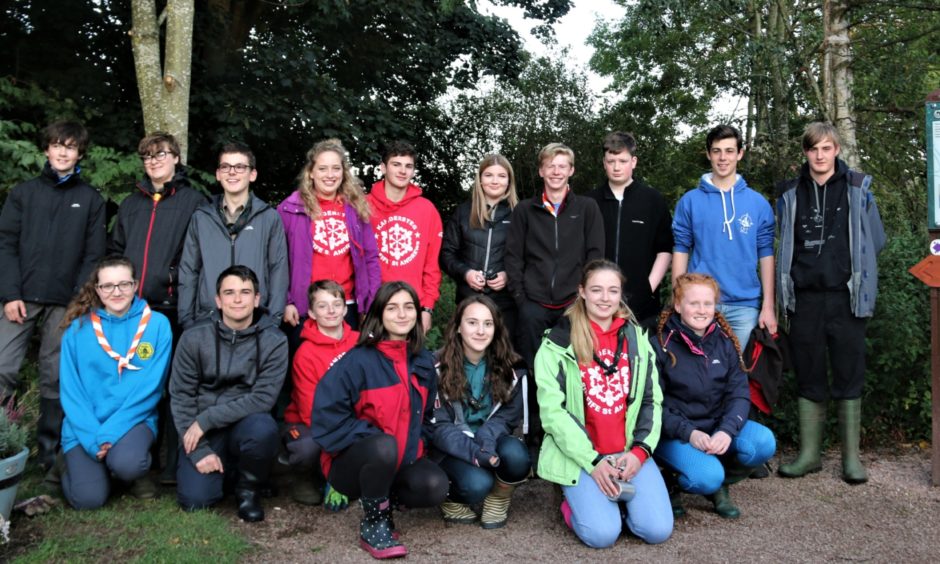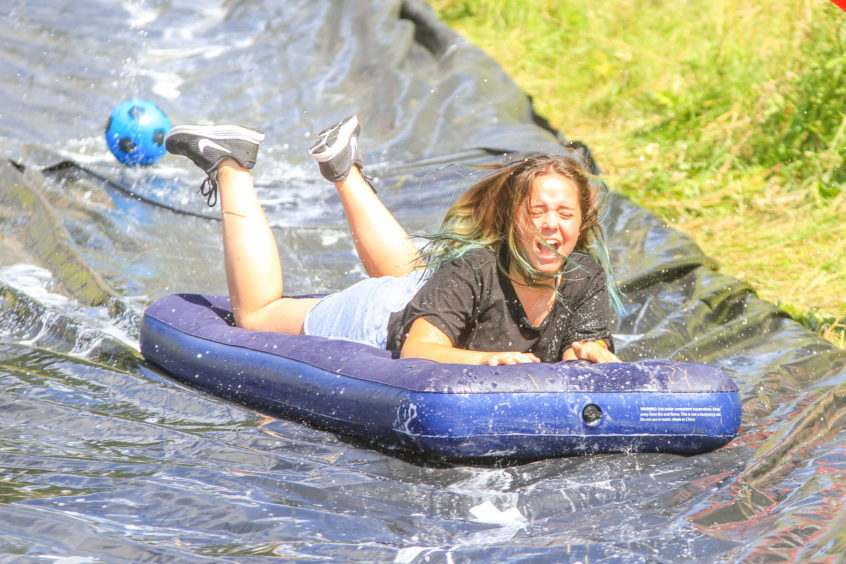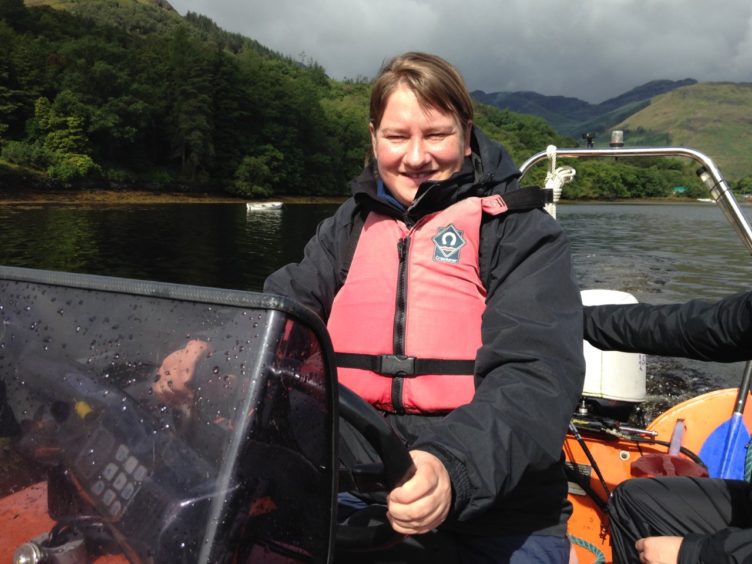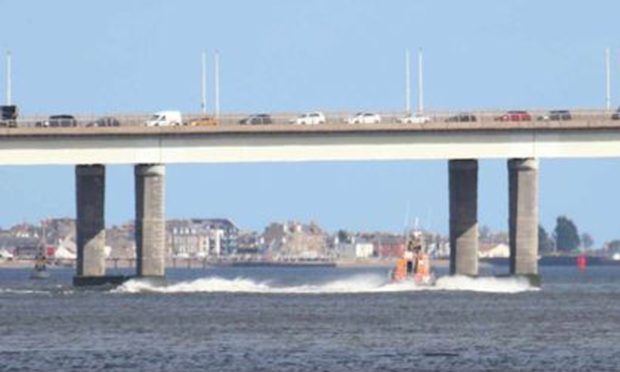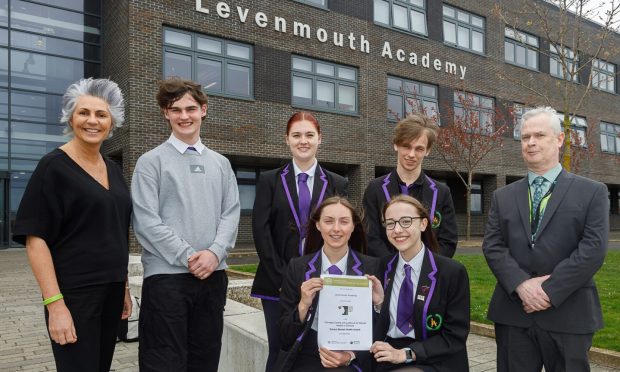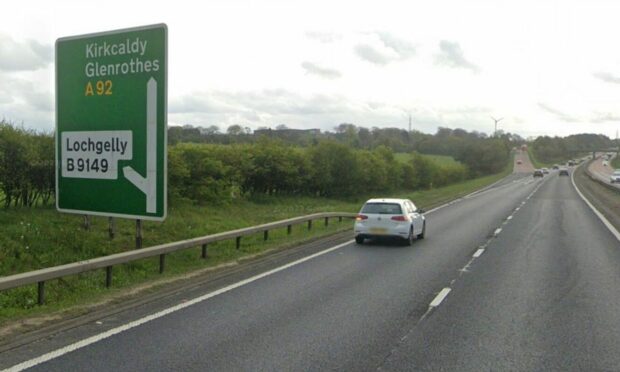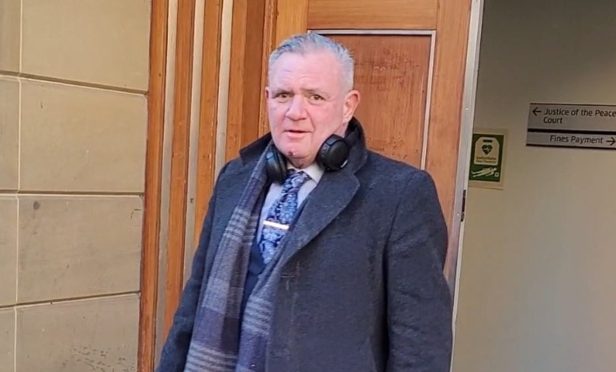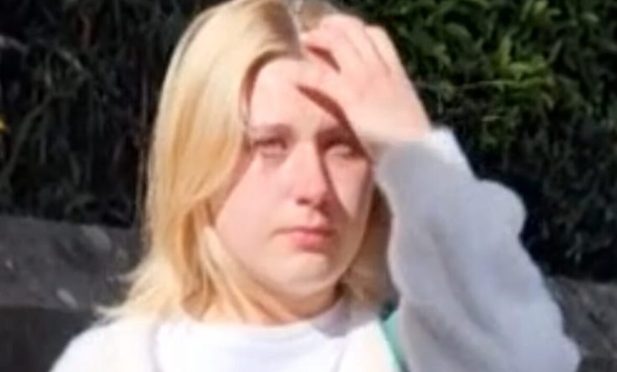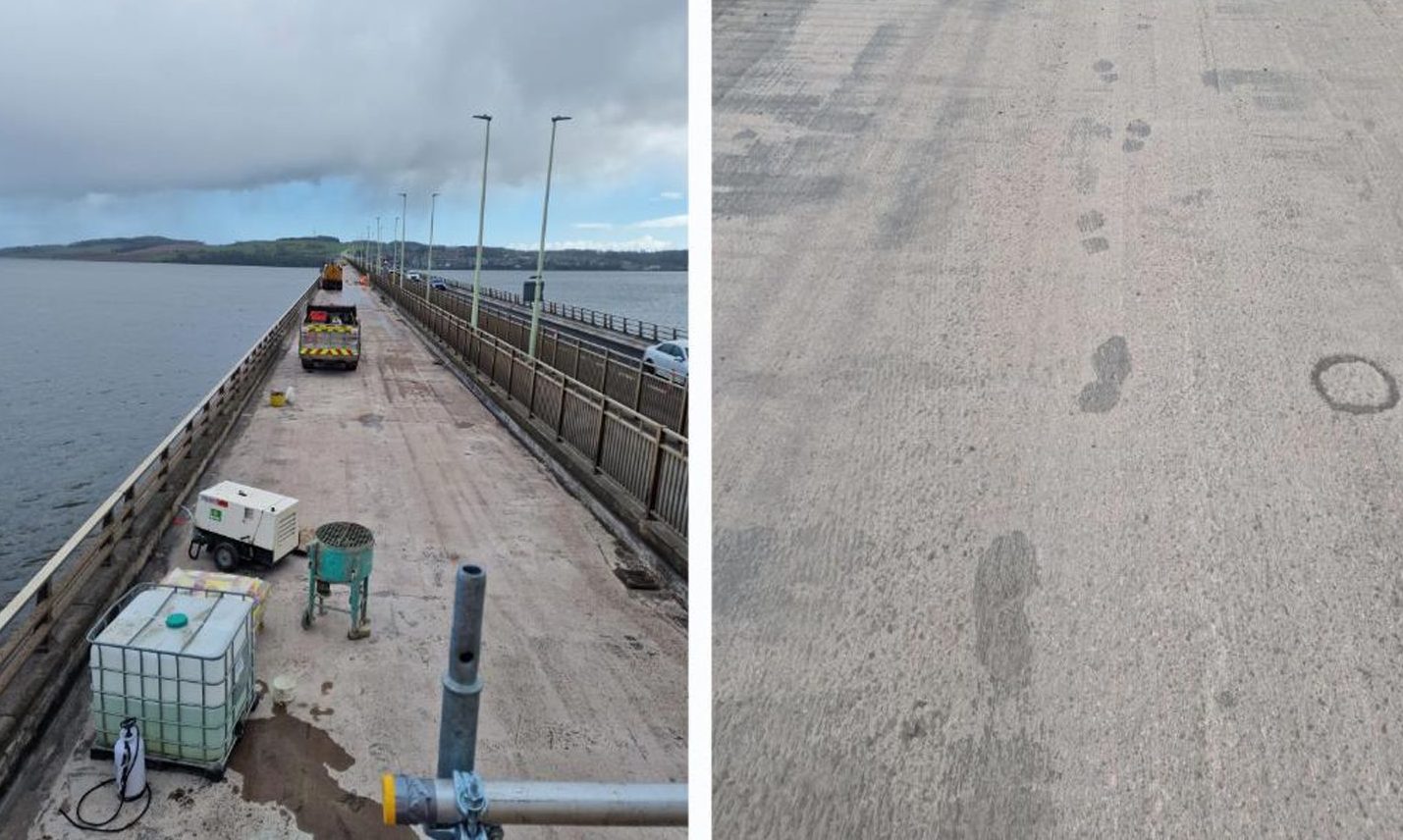Michael Alexander speaks to Fife-based Scouts Scotland chief executive Katie Docherty about the challenges being faced by the charity during the Covid-19 pandemic – including the financial threats to Scouting’s outdoor activity centres.
When the spread of coronavirus forced schools to close and many people to isolate in March, face-to-face scouting was promptly suspended as the country went into lockdown.
Amid challenging times, it didn’t take long before Scout members across the country devised new positive ways to keep Scouting going from home.
Activities such as online camps, The Great Indoors challenge and Hike to the Moon – backed by astronaut and Scouting ambassador Tim Peake and Chief Scout Bear Grylls – aimed to keep young people engaged and motivated until such time as face-to-face scouting could resume.
But as Beaver, Cub, Scout and Explorer scout groups across the country slowly start to resume with strictly risk assessed, socially distanced outdoor activities, Scouts Scotland chief executive Katie Docherty has warned that Scouts Scotland faces the most serious challenge in Scouting’s 112-year history with the coronavirus lockdown and ongoing restrictions having decimated the organisation’s finances.
In an interview with The Courier, the Dunfermline-based 46-year-old said the cessation of face-to-face Scouting and closure of its campsites and residential centres is having a very serious financial impact upon the charity with potential redundancies looming for 50% of its 60 HQ and outdoor activity centre staff.
While compulsory redundancies are now unavoidable, Scouts Scotland has confirmed that its national adventure centre at Fordell Firs, at Hillend near Dunfermline, will stay open for the time being – along with its other centres at Meggernie and Lochgoilhead.
However, Katie said that ordinarily these centres would bring in £1.4 million per year. To date in this financial year they’ve brought in about £500 as the charity struggles to absorb a large deficit and £2.3 million loss of income caused by the Covid-19 pandemic.
“We’ve now gone around six months with no income and we have no prospect or understanding of when our activity centres can re-open and we have no financial support,” Katie says.
“That’s just not sustainable in the long term. We are a charity with no income so we are just trying to hang on as long as we can in the hope that at some point we might be able to operate again.
“We’ve been lobbying the Scottish Government since April alongside the Girl Guides, the BB and many other organisations and the answer is continually no, they won’t give us additional support.
“But unfortunately, they say, it’s a sad reality of the pandemic. They can’t support everybody. The best thing they can do is try and get things back to normal. They are sympathetic but ‘no’.
“It’s very frustrating when you see week by week other sectors being told they are getting millions of pounds because they know they can’t operate – then we get nothing.
“At the moment most of our staff are on furlough, but when furlough ends in October we just can’t sustain that.”
The Scottish Government has said it recognises the importance of youth organisations like Scouts Scotland during this challenging time – and that is why they are continuing to fund the youth work sector through the Children, Young People and Families Early Intervention fund which has been extended until March next year.
The Scottish Government says Scouts Scotland have received £60,000 per year from this fund since 2016/17 to help meet their core costs.
However, just weeks after it was confirmed Girl Guiding Scotland’s Netherurd outdoor activity centre is to close, Scouts Scotland says this does not go far enough.
As of early this week, 18,000 people had signed a petition organised by Scotland’s outdoor education sector calling on the Scottish Government to review its decision not to provide a financial support package.
At the time of this interview, Scottish schools are back and the focus of Scouts Scotland is providing assistance to its 12,000 PVG-checked adult volunteers to help them get through the risk assessment process that aids the planning and re-start of outdoor, socially-distanced Scouting.
However, while Katie is confident these plans will work well whilst the evenings are light and relatively warm, things might change when the nights start to draw in again and the weather deteriorates.
She said 50% of Scout groups don’t have their own premises and are reliant on schools, churches and community centres.
She adds: “Across Scotland we are finding that those doors are closed and we are not able to ascertain when they are going to open again so we are concerned about what we are going to do for those groups.”
Raised in Glasgow and Edinburgh before studying politics and European Studies at Dundee University, Katie has lived in Fife for 14 years. She joined Scouts Scotland as chief executive in May 2016 where she heads up the senior leadership team.
Before joining Scouts she was head of charity services for Age Scotland, head of UK regional fundraising for the Anthony Nolan Trust and, after graduation from Dundee Uni, worked for five years for the Labour Party.
Describing her role with Scouts Scotland as “the most amazing job”, the former Girl Guide combines it with her role as an assistant beaver Scout leader – something she first got involved with as a parent helper when her son joined then volunteering more formally when she took on her professional Scouts role.
Now that she’s responsible for running the charity in Scotland, including professional support and training for volunteers, she says the benefits for young people and volunteer adults have never been clearer.
“What young people get is fun, friendship, life skills, confidence, experience of team leading, planning, resilience – there’s tons of research to show the benefits young people get out of it,” she says.
“Edinburgh University did a study a few years ago that found young people who took part in either Scouts or Guides were less likely to suffer from mental illness as adults.
“The feedback we’ve had during lockdown from the young people who’ve continued to do online Scouting is that for many of them who were completely isolated from their friends, taking part in their weekly Scout online session was the only time they were getting to see their friends and talk to them – it was giving them fun and mental stimulation and making them feel less isolated.”
At a time when the school examination system is in the spotlight, Katie said charities like the Scouts were also critical at giving opportunities to young people who might not thrive in formal education.
She’s lost count of the times parents have approached her to explain how Scouting was the first place their son or daughter had managed to excel – helping them achieve more at school.
But she said many of the benefits young people enjoy through Scouting also apply to adult volunteers.
“I know I get fun, enjoyment and friendship out of it,” she says.
“When you think about the training our adults can participate in and how that can help them with job skills – leadership, budgeting, planning, event organisation – there’s masses of extra skills you can get out of it over and above just the sheer fun and reward that you get from seeing young people learning to do something new or just having a great time.”
Katie said most charities would “bite their arm off” to have 12,000 adult volunteers.
But the reality is that volunteer recruitment and retention is always an issue.
“The amount of young people we can have is limited by the number of adults we can get,” she says.
“If we could get more adults, we’d have young people flooding through the doors.
“But I think the thing that puts people off is life being busy and not having enough time and being worried that they will commit to too much.
“As an organisation we have to be much more flexible about volunteering – allowing people to volunteer once a month or occasionally and not expecting people to do not just every week but all the prep that happens before and after that.
“We have to get more creative about making it easier for people to fit volunteering in with the type of lives they live now.”
There’s no doubt Scouts Scotland – and its associated contemporaries in England the Scout Association – faces many challenges as it charts a course through these difficult times.
But Katie remains optimistic about the future.
“I’d like us to recover from this,” she says.
“We were in such a good position before this all happened. We’ve been hammered financially and that’s put so many amazing plans that we had on hold.
“I’d like us to be able to get past that. I’d like us to not just retain the members that we’ve got but continue to grow so that we can bring more young people in and give them those same opportunities, because it’s such an amazing organisation and it gives such amazing opportunities to young people.
“I want every young person in Scotland to have that opportunity. Survive then recover then grow basically. That’s my aim for Scouting in the future.”
